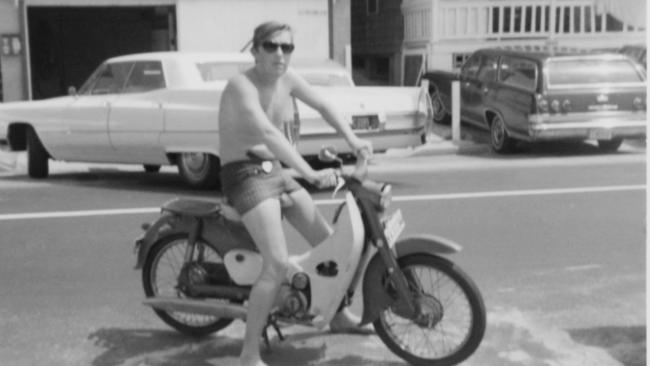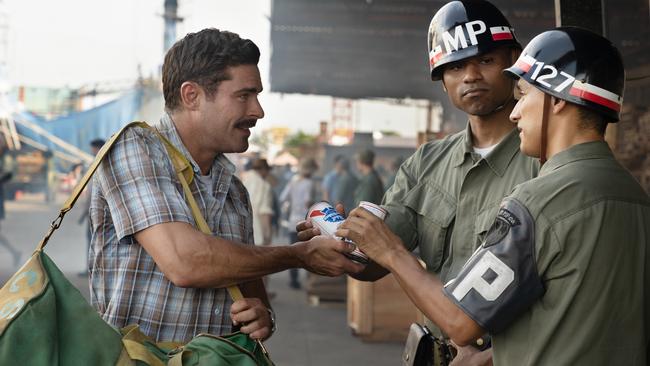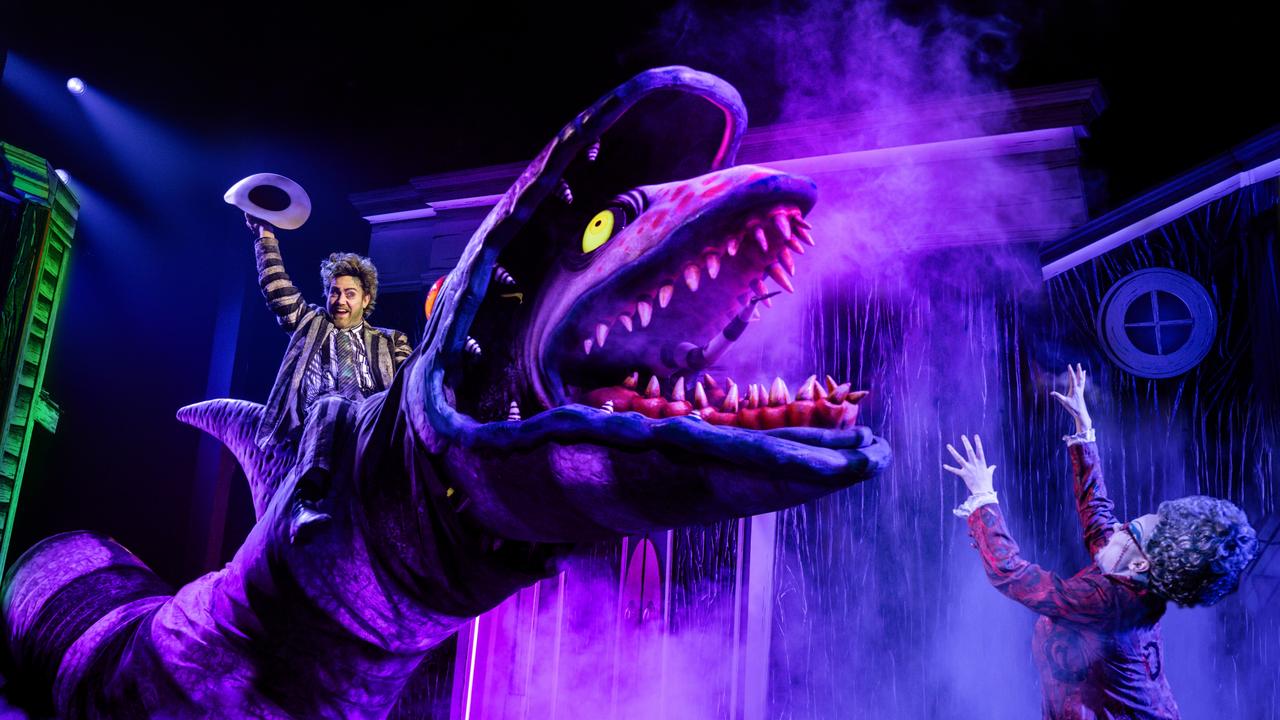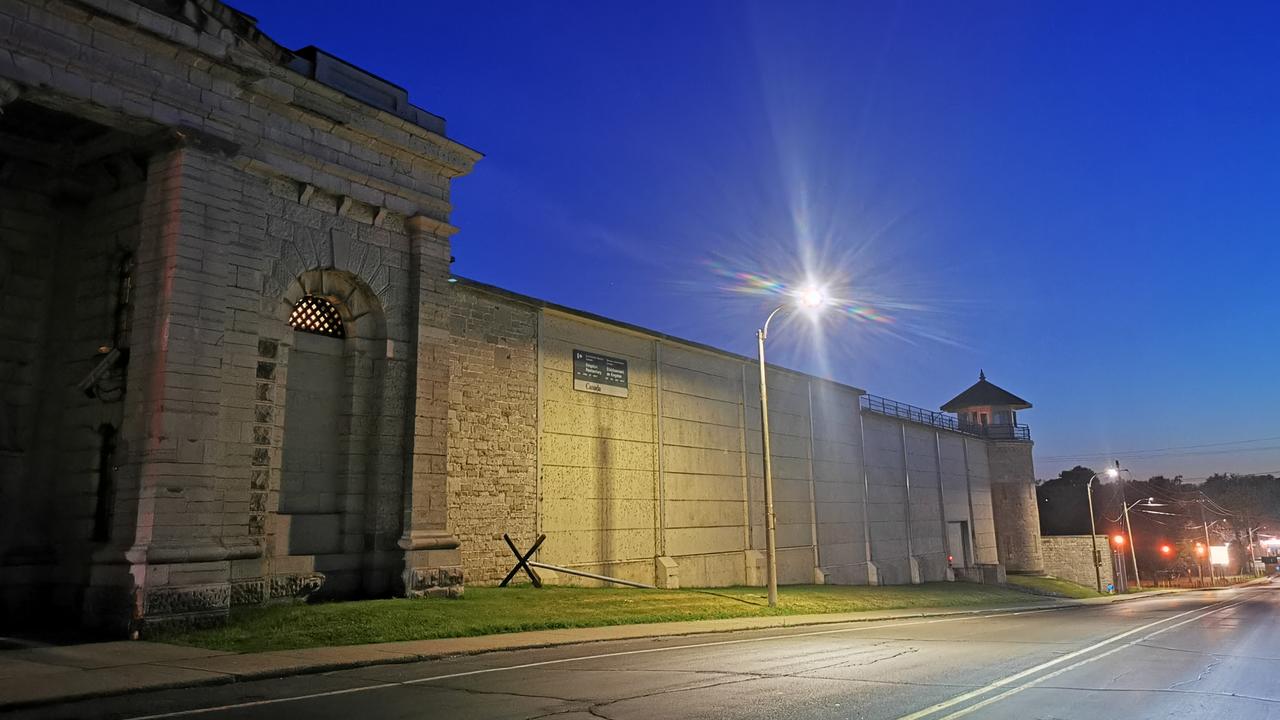Chickie Donohue, the home brew hero
Chickie Donohue risked his life to deliver beer to his friends fighting in Vietnam. Fifty-five years later his story has been made into a movie.

How far would you go for a beer? And how far would you go to deliver a beer to a mate?
John “Chickie” Donohue went all the way from New York to the frontline of the Vietnam War in 1967 to take four buddies their favourite tinnies as a morale-boosting thank you present for their service.
His adventures and misadventures are documented in a new film from Apple Original, The Greatest Beer Run Ever directed by Peter Farrelly and starring Zac Efron and Russell Crowe.
Now 81 and with seven grandchildren, Donohue tells Review over the phone from the US state of Connecticut his motivation behind the delivery of American ale to his four buddies was pretty straightforward.
“You bring presents for children at Christmas. What do you bring your buddies during the war? It seemed like beer was the right thing,” he says in a New Yorker twang.
“It was easy to carry, you came to the camp, I didn’t have to wrap it up or put bows on it or anything. So it just symbolised sharing life with your buddies.”
At the time of Donohue’s beer idea there were deep divisions among Americans as the Vietnam War’s death toll mounted and the bleak realities of war were televised in homes for the first time.
Opponents accused Lyndon B Johnson of imperialism and the then president accused the press of lying.
A volatile debate was raging over whether US soldiers should be pulled out of a foreign conflict that – other than a desire to crush the perceived threat of communism – did not involve America.

Think scruffy hippies holding signs that said “baby killers” facing off against straight-laced flag flyers.
In the film, Donohue seems more at home in a bar than anywhere else but his bright eyes are brimming with patriotism and a desire to show soldiers their sacrifice was still appreciated in America. Beatniks be damned.
Donohue had already served in the Marine Corps and wasn’t called up to fight in Vietnam. He had his beer idea while having drinks in a New York bar.
“I can do that,” says Efron, playing Donohue.
“Bring them beer.”
So he sets off with a bag full of tinnies and a heart full of idealism, using his seafaring credentials to hitch a ride on a cargo ship all the way to Quy Nhon where he presents “a sudsy thank you card” to his understandably perplexed buddy Tom Collins, played by Archie Renaux.
At one point he’s mistaken for a CIA agent, a mistaken identity he embraces to travel to a war zone in the north of Vietnam and deliver beer to buddy Rick Duggan, played by Jake Picking.
Amid flying bullets he presents his gift of American beer to his old friend, now a weary soldier living under constant threat.
This is where the story starts to turn and Donohue begins to lose his innocence as he witnesses the death and violence of war first-hand. No more spoilers.
Decades after the US withdrew from Vietnam in defeat and humiliation, the real Donohue tells Review that accepting the harsh realities of war left him sad and scared.
“As a matter of fact at one time I thought I was dead, I thought I might have been killed and I was going through what I thought of as purgatory,” he says.

Donohue found himself alone and rudderless in a war-torn country; his only lifeline was the US embassy in Saigon but even that was under siege. At one point he managed to call home. It was a call Donohue says he’ll never forget.
“It was early in the morning back in New York; when my father answered the phone he said ‘Who is this?’,” he says.
“And I told him it was Chickie. ‘Chickie, where are you?’ he yelled at me. I said, ‘I’m in Saigon’.
“He said, ‘Saigon? Do you know what you’re doing to your mother?’ ”.
Donohue took refuge in the rooftop bar of the Caravelle Hotel in Saigon as he tried to find a way home. Most other businesses had closed due to the conflict.
At one point, Donohue arranged to work on a boat heading to the US as a crew member but first he had to fly to Manila.
The US embassy arranged his flight but when Donohue turned up to the embassy, he found it had been taken over by the Vietnamese communist revolutionary militia.
“I went there at like five or six o’clock in the morning – I wanted to be early – and I found the American embassy grounds were occupied by the Viet Cong,” he says.
“I got stuck there in a firefight for most of the morning.”
He was stranded in Saigon for three to four weeks before a seaman working on an American fruit ship was wounded – leaving the vessel one man down.
Donohue took the injured man’s place and sailed to Seattle. He said it felt calm and quiet back on American soil.
Donohue promised his mother he would never go back to Vietnam. But he did.
He made two trips: 47 years after he left and again on the 50th anniversary of the attack on the US embassy in Saigon.
His wife stayed in the hotel and Donohue arrived at the embassy by himself at about 6am.
“I just wanted to pay respects to the people who were killed there that morning – who were killed unfortunately in front of me,” Donohue says.
“I just wanted to go back there and pay my respects to them and say a prayer.”
By that point, Donohue had written a book about his youthful trip to Saigon.
He says he now thinks of war as an extreme expression of politics and says he remembers the fear of the Vietnamese people and the lies told by the American government.
He says he couldn’t describe what he saw in Vietnam when he first returned, so he went to work and dug tunnels under New York City for 43 years. He also became a leader in the union for urban miners and the International Brotherhood of Teamsters.
After retirement a few years earlier, Donohue – with the help of former newspaper reporter Joanna Molloy – decided to write about what he had experienced. They called the book The Greatest Beer Run Ever.
“It was actually a written record for my children and at that time the beginning of my grandchildren,” he says. “I want them to get an accurate history of the story.”
Donohue says the best part of his story is that the four buddies from Vietnam – Rick Duggan, Bobby Pappas, Tom Collins and Kevin McLoone – are still alive and still get together every now and again.
“We’ll have a meal, the five of us with our wives,” he says.
“We just sit there and we don’t tell war stories but (are) just grateful that we’re here, that we survived it and God is good to us. He kept us around all these years. I don’t know why but it’s good.”
Donohue says he has seen the film about his adventures four times and says it is mostly accurate.
He’s mostly excited about sharing the experience of the film with his family. And his grandkids are especially thrilled to be mingling with movie stars.
“You know, I didn’t really know who Zac Efron was,” he says.
“They gave me his name and when I told my 13-year-old granddaughter she just jumped for joy. So now I know all about Zac Efron and actually I got to know him during the shooting and he turned out to be a really nice guy.”
The Greatest Beer Run Ever is available in selected cinemas, and on Apple TV+.




To join the conversation, please log in. Don't have an account? Register
Join the conversation, you are commenting as Logout